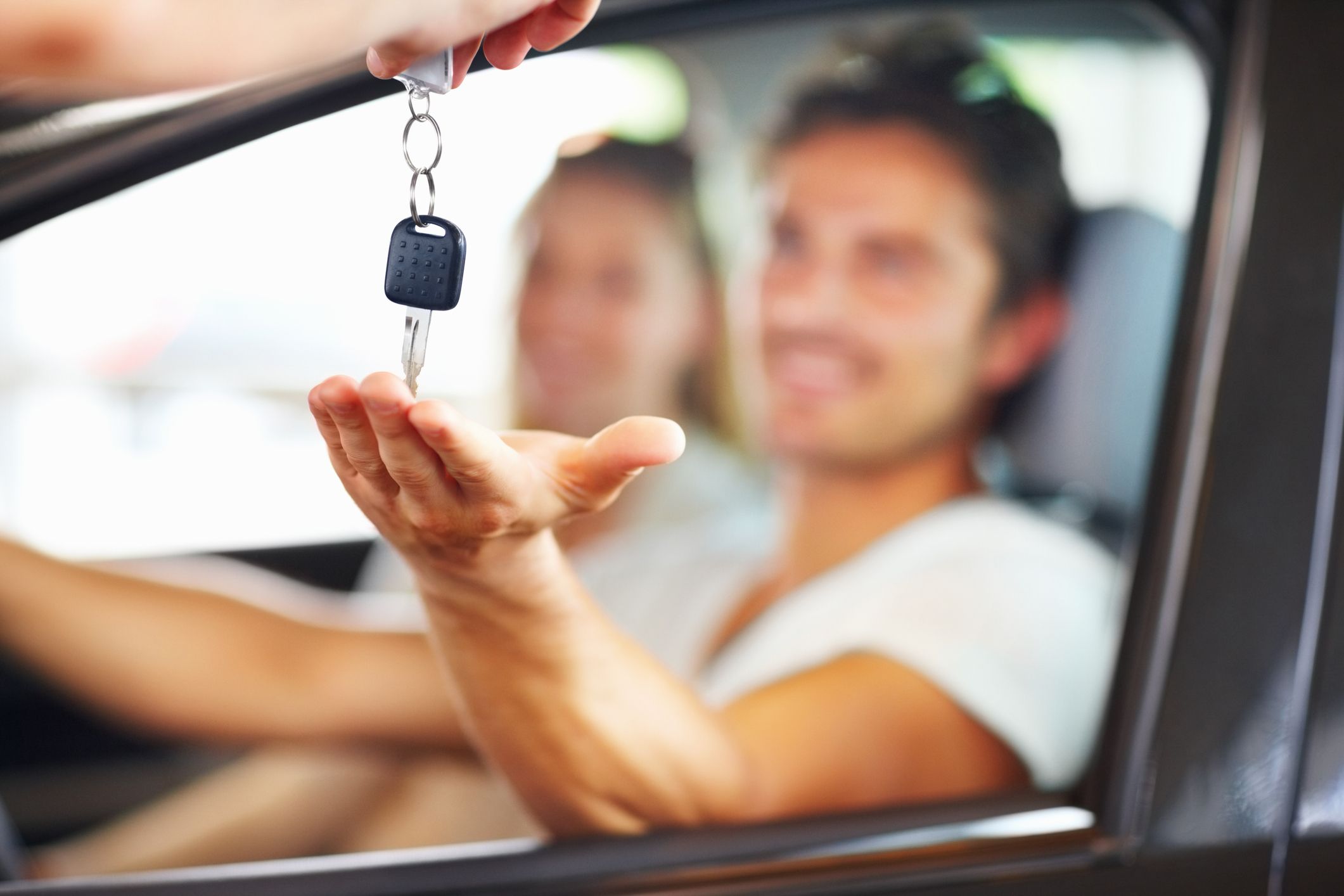News
What do you need to bring to buy a car?

Buying a car is an exciting milestone, often reflecting a significant lifestyle upgrade. To ensure a smooth and efficient process, it is crucial to know what you need to bring to buy a car.
In this article you will find out what do you need to bring to buy a car and all the essential documents and items required, so prospective buyers can drive away with confidence and ease.
Proof of identity
One of the most important items to bring when buying a car is proof of identity. This typically includes a government-issued ID such as a driver’s license, state ID, or passport. Dealerships and private sellers need to verify the buyer’s identity to complete the transaction. Make sure your ID is valid and up to date.
If you’re purchasing the car through financing, having a driver’s license is often a requirement as it also confirms your ability to legally operate the vehicle.
Proof of insurance
Before driving off the lot, buyers must provide proof of car insurance. Most states require drivers to have active insurance for the vehicle they intend to purchase. Without it, the dealership may not allow the car to be driven off the premises.
Contact your insurance provider in advance to set up coverage for the new vehicle. If unsure about the exact car being purchased, some insurers offer grace periods or temporary coverage.
Payment method
The next essential item to bring is a method of payment. Whether paying in cash, using a cashier’s check, or financing through a loan, it’s important to have everything prepared.
For cash payments, ensure the amount is exact and accessible. If using a bank-issued cashier’s check, confirm with the seller or dealership that this method is acceptable. Those opting for financing should bring a pre-approval letter from their bank or lender, detailing the loan amount and terms.
Proof of income
For buyers planning to finance their purchase, proof of income is often required. Lenders need to verify the buyer’s ability to repay the loan. Common documents include recent pay stubs, bank statements, or tax returns.
Self-employed individuals should prepare additional documentation, such as profit and loss statements or 1099 forms, to support their income claims.
Proof of residency
Many dealerships and lenders also request proof of residency to confirm the buyer’s address. Acceptable forms of proof typically include utility bills, lease agreements, or a mortgage statement. Ensure the document is recent and matches the address on your ID.
Credit information
If financing the vehicle, a credit check will be part of the process. While dealerships can often pull credit reports directly, it’s wise for buyers to know their credit score beforehand. Bring any documentation related to your credit history or existing loans that might be relevant.
Being prepared with this information can help buyers negotiate better loan terms and interest rates.
Trade-in documents
Additional paperwork is necessary for those trading in an existing vehicle. Bring the vehicle’s title or lien release if the car is not fully paid off. Additionally, the current registration and any spare keys should be provided to complete the trade-in process.
Before visiting the dealership, ensure the trade-in car is clean and in good condition to maximize its value.
Vehicle history report (For private sellers)
When purchasing a car from a private seller, it’s advisable to request or bring a vehicle history report. Services like Carfax or AutoCheck provide detailed records about the car’s previous ownership, accident history, and service records. This helps ensure the car is in good condition and worth the investment.
Down payment
If financing the purchase, a down payment is often required. Bring cash or a cashier’s check for the agreed-upon amount. The higher the down payment, the lower the monthly loan payments will be.
Discuss down payment expectations with the dealership or lender in advance to avoid surprises.
Driver’s license for test drive
If you plan to test drive the vehicle before finalizing the purchase, a valid driver’s license is mandatory. Most dealerships will not allow a test drive without one.
Social security number
For buyers financing their car, providing a Social Security number (SSN) is often required to process the credit application. Ensure you have this information on hand to avoid delays.
Checklist for buying a car
To summarize, here is a checklist of what you need to bring to buy a car:
- Valid government-issued ID
- Proof of car insurance
- Payment method (cash, cashier’s check, or loan documents)
- Proof of income
- Proof of residency
- Credit information
- Trade-in documents (if applicable)
- Vehicle history report (for private sales)
- Down payment
- Social Security number
- Driver’s license for test drive
Final thoughts
Knowing what to bring to buy a car ensures a hassle-free purchasing experience. By gathering all the necessary documents and items, buyers can streamline the process and avoid unnecessary delays.
Whether buying from a dealership or a private seller, preparation is key to driving away with a new vehicle confidently and efficiently.
